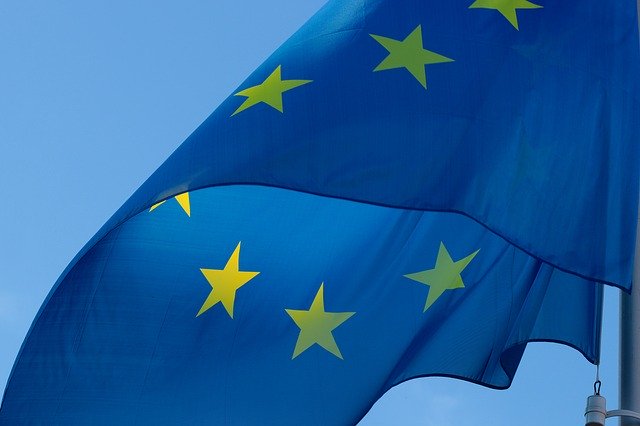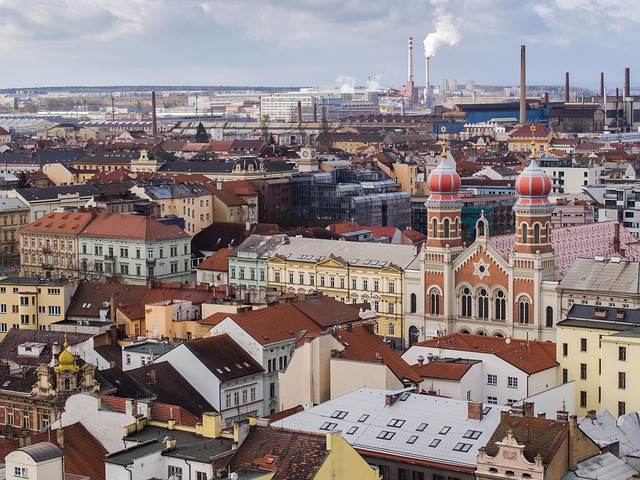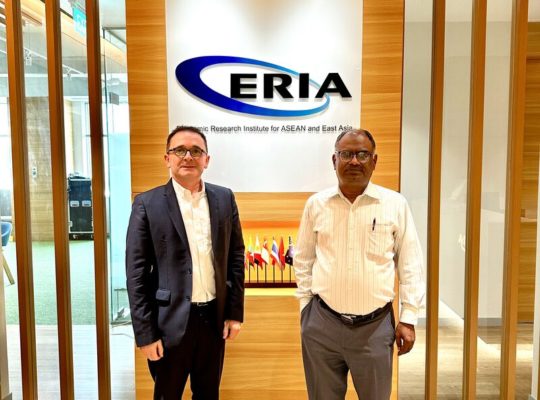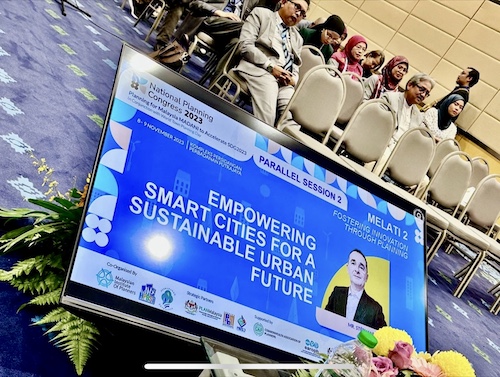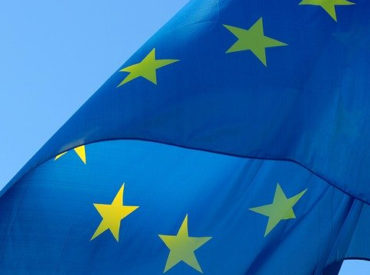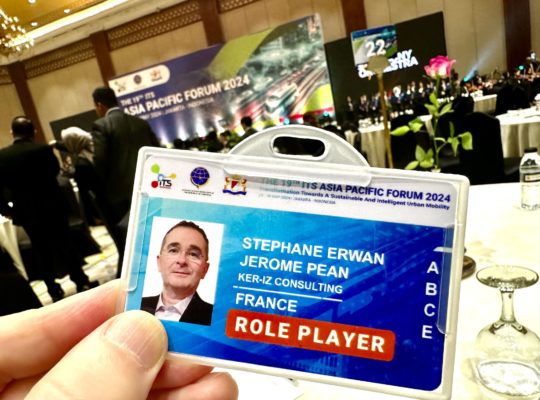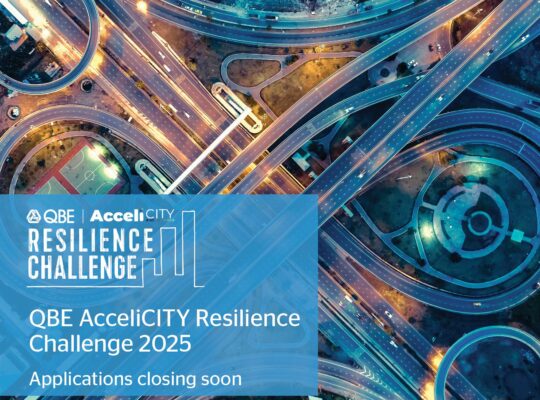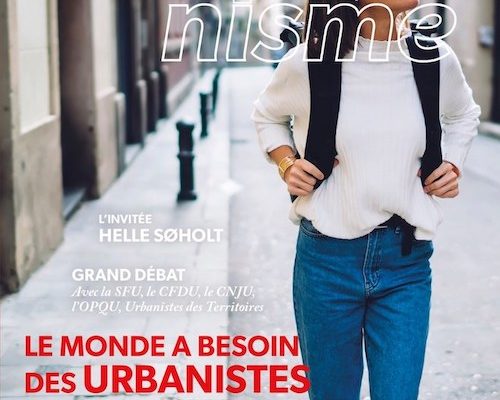The European Union’s strategy for the period 2014-2020 has considerably reinforced the urban dimension of the cohesion policy. According to article 7.4 of its Regulation, Member States must allocate at least 5% of their national European Regional Development Fund (ERDF) to the support of sustainable urban development integrated strategies. In particular, it means to improve the urban environmental quality and the efficiency of the environmental management of EU urban areas.
Interreg Europe helps regional and local governments across Europe to develop and deliver better policy. By creating an environment and opportunities for sharing solutions, it aims to ensure that government investment, innovation and implementation efforts all lead to integrated and sustainable impact for people and place.
EURE proposes the exchange of experiences as a way to improve the environmental performance management of EU urban spaces including the urban areas with a low population density.
The objective of EURE project (3 years) is to use interregional cooperation to improve the way the ERDF addresses the environmental urban challenges of cities at peripheral regions, paying also attention to those cities of small dimension but with influence in the sparsely populated areas where they are located.
Download the final reports, including the executive summary, on this link !
The expert’s pills : Stéphane Péan is part of the pool of expert that is supporting the EURE’s partners in the development of an analysis of the urban processes involved in the improvement of resource efficiency at regional level. He gave us his point of view on the role of cities in boosting a sustainable development. This is the first episode on Urban sustainable Development.

Alba Iulia (Transylvania) 🇷🇴, Brest (Bretagne) 🇫🇷, Cyprus (Κυπρος) 🇨🇾
Lublin (Lubelskie) 🇵🇱, Pilsen (Plzeň) 🇨🇿 , Riga (Latvia) 🇱🇻

